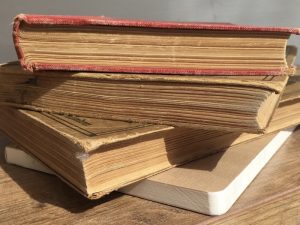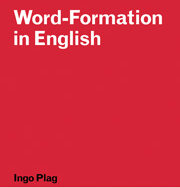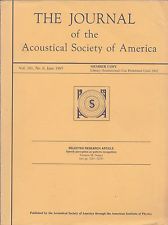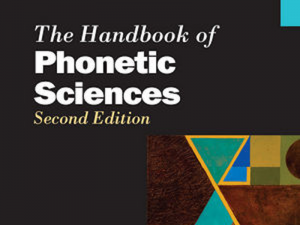Only an outline of the main approaches, with little technical detail. Useful as a summary of why these tasks are harder than you might think.
Taylor – Section 12.4 – Linear-Prediction Analysis
An overview of the background and maths behind linear-prediction methods for modelling the vocal tract as a filter.
Taylor – Section 12.3 – The cepstrum
By using the logarithm to convert a multiplication into a sum, the cepstrum separates the source and filter components of speech.
Taylor – Section 10.2 – Digital signals
Going digital involves approximations in the way an original analogue signal is represented.
Taylor – Section 10.1 – Analogue signals
It’s easier to start by understanding physical signals – which are analogue – before we then approximate them digitally.
Taylor – Chapter 6 – Prosody prediction from text
Predicting phrasing, prominence, intonation and tune, from text input.
Taylor – Chapter 5 – Text decoding
Complementary to Jurafsky & Martin, Section 8.1.
Taylor – Chapter 4 – Text Processing
Complementary to Jurafsky & Martin, Section 8.1.
Practical Phonetics
Videos for the course Practical Phonetics
Plag (2003) – Word formation in English: Chapter 1 Basic Concepts
An introductory text of word structure/morphology in English. Useful to read if you come from a non-linguistic background.
Peterson & Barney – Control Methods Used in a Study of the Vowels
Examines the production and perception of vowels. This is a classic paper that many other studies on have built on.
Lyons – Understanding Digital Signal Processing
A great introduction to digital signal processing, including the maths!





 This is the new version. Still under construction.
This is the new version. Still under construction.